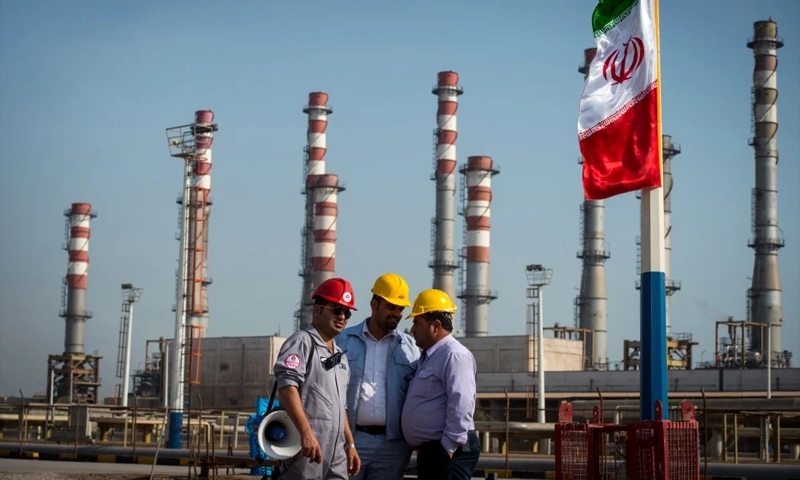TEHRAN: France, Britain, and Germany on Thursday formally triggered a UN mechanism to reimpose sanctions on Iran, accusing Tehran of failing to comply with its commitments under the 2015 nuclear agreement.
In a letter to the UN Security Council, the three powers said they considered Iran to be in “significant non-performance” of its obligations. Diplomatic sources confirmed that the Security Council will hold a closed-door emergency session on Friday at the request of Paris and London.
Iran’s Reaction
Iran’s Deputy Foreign Minister Abbas Araghchi rejected the move, calling it “illegal and unjustified.” He told his European counterparts in phone calls that Tehran would respond appropriately to defend its “national rights and interests,” according to a statement from Iran’s Foreign Ministry.
US Position
Meanwhile, US Secretary of State Marco Rubio welcomed the European decision, describing it as consistent with Washington’s longstanding push for tougher measures. He stressed, however, that the United States remained open to direct talks with Tehran.
“Snapback does not contradict our readiness for diplomacy — it enhances it,” Rubio said, urging Iran to abandon any ambitions of developing nuclear weapons and to “walk the path of peace.”
Read More: Heavy rains expected across Pakistan from Aug 29 to Sept 2
Snapback Mechanism
The so-called “snapback” mechanism begins a 30-day countdown under which UN sanctions suspended in 2015 could be reinstated. The decision comes just weeks before the October 18 deadline to invoke the clause.
In a joint statement, UK Foreign Secretary David Lammy, German Foreign Minister Johann Wadephul, and French Foreign Minister Jean-Noel Barrot said Iran had “no civilian justification” for its enriched uranium stockpile, calling Tehran’s nuclear activity a “clear threat to international peace and security.”
Barrot wrote on X that while Iran’s escalation “must not go any further,” the move “does not signal the end of diplomacy.” He emphasized that dialogue with Tehran remains possible during the 30-day window.
Background
The 2015 Joint Comprehensive Plan of Action (JCPOA) was designed to limit Iran’s nuclear programme in exchange for sanctions relief. The accord has been under strain since former US President Donald Trump withdrew from it in 2018, followed by escalating accusations of Iranian violations.
Tensions have further intensified after a 12-day conflict between Israel and Iran earlier this year, which Israel claimed was aimed at crippling Tehran’s nuclear and ballistic missile capabilities.
